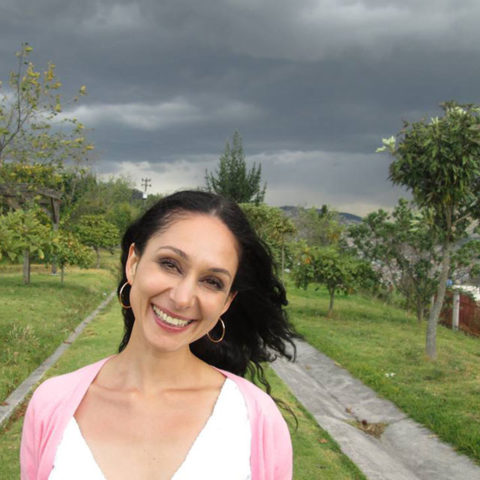
Talking Leprosy. Alice Cruz: “A medicalized approach to leprosy is not enough”
This month, we catch up with the newly appointed OHCHR Special Rapporteur for the elimination of discrimination against persons affected by leprosy and their families, Alice Cruz, to find out what motivates her to fight for the rights of affected people and why she believes a medicalized approach to leprosy is not enough.
Alice Cruz has devoted almost all of her professional life working to assist persons affected by leprosy. A Portuguese national, she started her career as a medical anthropologist and now teaches law in Ecuador.
Extensive fieldwork in Portugal, Brazil, South Africa, Bolivia and Ecuador brought her into contact with leprosy organisations. Ms Cruz reflects: “I would say that one of the more critical and enriching experiences I ever had was at the grassroots with MORHAN. There I have learned how persons affected by leprosy brilliantly and resiliently lead their struggle for recognition and dignity.”
This time spent working with individuals affected by leprosy, and seeing the challenges they faced daily, made a lasting impact on Ms Cruz and drives her passion to advocate on behalf of those denied their human rights. “I have come to be deeply engaged at the personal level with persons affected by leprosy, as well as deeply aware of the institutional and social barriers they still face to a full life. I saw this newly created mandate as an historical opportunity for taking the required steps at the level of policy-making for tackling those same barriers.”
Yet she readily acknowledges that overcoming social stigma and structural discrimination for people affected by leprosy is no easy task. “Ending discrimination is a very difficult task in any circumstance and with relation to any oppressed and vulnerable group. But it is also a mandatory one. Especially in the case of leprosy. There are many opportunities and many challenges.
“I would like to highlight the growing awareness amongst stakeholders that a medicalized approach to leprosy is not enough and that leprosy is such a multifaceted phenomenon that an intersectoral approach that works both its medical and social dimensions is required.”
Optimistically, Ms Cruz believes that we are at an important juncture in our fight against this age-old disease. “I would say that we’re witnessing another turning point in the modern history of leprosy now, with the growing consensus that a human rights agenda is critical for tackling leprosy.” She cites as evidence the inclusion of discrimination as an indicator in WHO reports and also the mandate created to move forward the implementation of the UN Principles and Guidelines for the elimination of discrimination against persons affected by leprosy and their family members.
The best way to do this, she believes, is through putting the participation of persons affected – working with civil society, NGOs, specialized agencies, regional human rights mechanisms, national human rights institutions and the overall United Nations system – at the core.
To make an impact requires raising awareness about leprosy and discrimination among governments and policy makers. However, of the many challenges ahead, she believes one of the more difficult will be to persuade “decision makers to regard lay knowledge of persons affected by leprosy as relevant not only for the monitoring and evaluation of public policies (from public health to positive action), but also for their design.”
And Ms Cruz will be joining the ILEP panel of persons affected by leprosy at their next meeting in March, in the UK. “I am looking forward to learn the ILEP panel of persons affected by leprosy’s views on the elimination of discrimination and to discuss how can we cooperate to achieve such a goal.”
Interview by ILEP’s Rosa Argent.